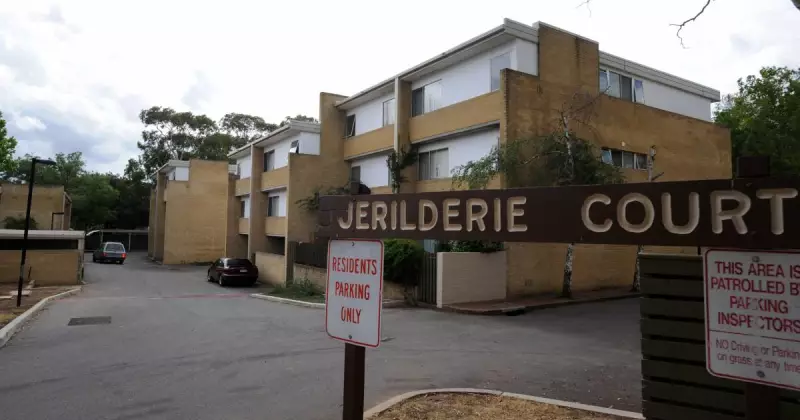
Court Overturns Ruling on Drunk Man's Detention
The ACT Supreme Court has delivered a significant ruling, finding that police unlawfully detained an intoxicated man in the barbecue area of a Canberra unit complex. The judgment, handed down on Thursday, November 20, 2025, determined that Dieu Samuel Gonyley was effectively in a private space akin to a backyard when officers took him into custody.
The Incident at Jerilderie Court
The case stemmed from an incident in November 2023 when police responded to reports of an alleged fight and assault at Jerilderie Court, a unit complex in the Canberra suburb of Reid. Officers found Gonyley in the communal barbecue area and initially arrested him on suspicion of assault.
When witnesses failed to provide statements, police determined they could no longer hold him on assault allegations. However, they then invoked powers under the Intoxicated People Care and Protection Act to detain him for being drunk and disorderly in a public place.
A police officer testified that while in the caged vehicle, Gonyley was yelling, kicking and behaving "quite violently". The officer believed the man was "highly intoxicated" and it was unsafe for him to remain in what they considered a public area.
Legal Challenge and Court Findings
Gonyley was subsequently taken to the watchhouse, frisked and placed in a cell where he damaged property by removing a metal zipper from his pants and scratching perspex covering a CCTV camera. The ACT Magistrates Court later found him guilty of property damage and imposed a six-month good behaviour order.
Gonyley's lawyer, Max Haesler, appealed to the ACT Supreme Court, arguing that Magistrate Glenn Theakston erred in finding the detention lawful. The defence contended the barbecue area wasn't a public place and that evidence was unlawfully obtained.
While Justice Louise Taylor rejected most appeal grounds, she agreed on the crucial point of unlawful detention. She determined that the barbecue area was not a public place, stating: "The fact that a member of the public or a member of a section of the public could physically access the barbecue area of Jerilderie Court if they chose to do so, because a gate was open or because there was no physical barrier, did not render it a public place."
Implications of the Ruling
Justice Taylor emphasized that "The barbecue area was a space set aside for residents to have access to garden-like, outdoor space," drawing a clear distinction between truly public areas and private common areas within residential complexes.
The court will hear further submissions about the consequences of the unlawful detention finding at a later date. This case establishes important precedent regarding the interpretation of public place definitions in relation to police powers under intoxication legislation.
The ruling highlights the limitations of police authority in semi-private residential areas and may influence how officers apply the Intoxicated People Care and Protection Act in similar situations across the ACT.





